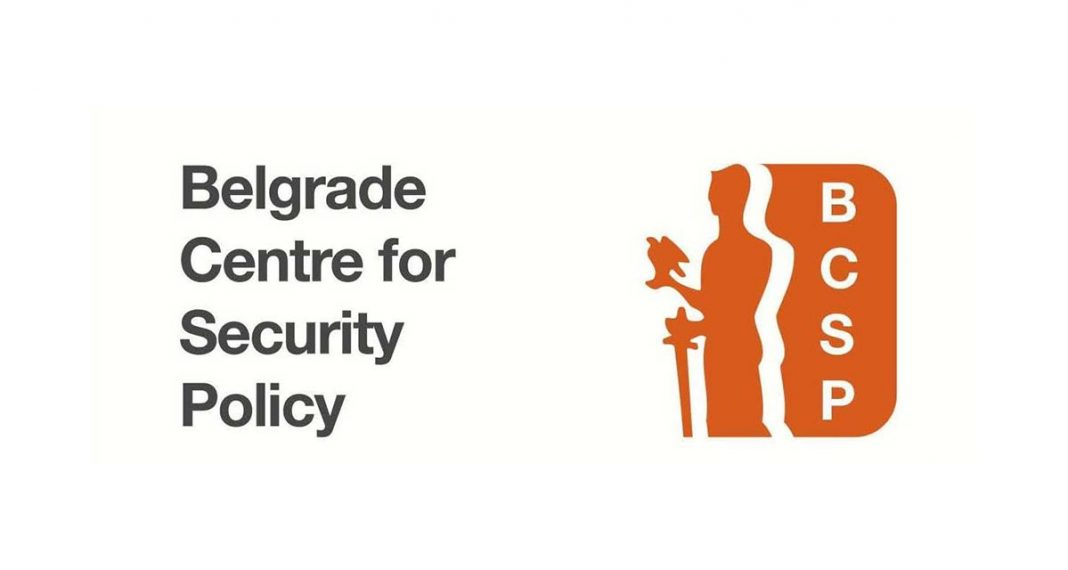Security Transition in the Western Balkans- From Conflict Zone to Security Community?
How the security regime in the Western Balkans is transforming from a conflict formation towards a security community? The project sought to identify the positive factors affecting security transformation, as well as potential obstacles that can slow this process. This is to be done through the study of the relevance of regional security cooperation and the role the security professionals (police, military and diplomacy) have in its development.
– Period: 2011-2014
-Implementing partners: Nrwegian Institute of International Affairs (Norway), the Belgrade Centre for Security Policy (Serbia), Analytica (Macedonia), Centre for Democracy and Human Rights (Montenegro), Centre for Security Studies (Bosnia and Herzegovina), Institute for Democracy and Mediation (Albania), Institute for International Relations (Croatia). Kosovar Centre for Security Policy (Kosovo)
– Donor: The Research Council of Norway
– Aims of the project
The project offered a fresh perspective of studying security community building by focusing on how different professional communities (military, police, diplomats, academics) are interwoven together in creating trust and ‘dependable expectation of peaceful change’ in a region until recently torn by savage conflict – the Western Balkans. For that purpose, the researchers examinedc 3 dimensions of professional identities: intra-professional dimension looking at practice as a tacit knowledge; inter-professional one in a way of how same profession’s members cooperate between each others (e.g. military to military); and, finally, cross-professional dimension relating to cooperation among different professions when dealing with common threats, risks andor challenges (e.g. military to police or civil protection agency).
Project Objectives:
- To develop a better understanding of the security transitions in the Western Balkans; the national as well as the regional dynamics.
- To increase the research and institutional capacity of Western Balkans research institutions, support regional research cooperation and allow for establishment of research networks that would study regional developments and challenges in the Western Balkans.
- To assist the exchange of skills and knowledge between Western Balkans’ and Norwegian social scientists and thus narrow the gap between the state of social science research in the Western Balkans and Norway.
- To contribute to better regional and national security policy and institutions through analytically and methodologically sound research findings.




